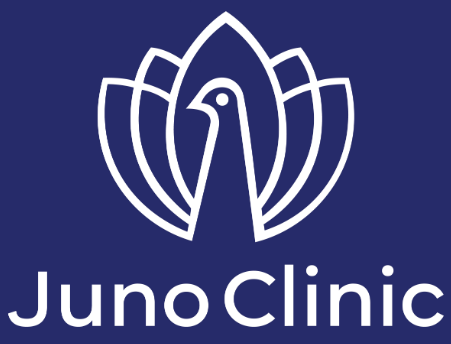ADHD Assessment Process
1. Screening
Choose whether you would like to do this in person or via video call by booking here or filling out this form.
Mental health screening assessments play a pivotal role in understanding and addressing individuals' mental well-being. These assessments are designed to provide healthcare professionals with a comprehensive picture of a person's mental health, aiding in the identification of potential issues and the development of appropriate interventions.
The process typically begins with a preliminary discussion between the individual and a trained mental health professional to gain insight into the individual's concerns, symptoms, and personal history.
Following the initial discussion, standard questions may be asked to assess various aspects of mental health, including mood, anxiety, sleep patterns, and overall functioning. In addition, the mental health professional may conduct a clinical interview. This involves more in-depth questioning about the individual's thoughts, emotions, behaviours, and any relevant life events. The goal is to explore the context of the individual's experiences and gain a deeper understanding of their mental health challenges.
Cognitive assessments may also be part of the screening process, especially if concerns about memory, attention, or cognitive functioning are present. These assessments help identify cognitive strengths and weaknesses, aiding in a more comprehensive understanding of the individual's mental health status.
Furthermore, the mental health screening assessment considers the individual's medical history and any potential contributing factors. Physical health, medication usage, and lifestyle factors are all taken into account, as they can significantly impact mental well-being.
Mental health screening assessments are not diagnostic tools in themselves but rather valuable components of a broader evaluation process. The information gathered helps healthcare professionals determine whether a more detailed diagnostic assessment is necessary.
2. ADHD assessment
We assess according to NICE guidelines and will provide a sufficiently detailed report that you can forward onto NHS services to validate.
We need to see you in person for an assessment, collect information about you from your GP and other people involved in your life.
We do not diagnose according to rating scales and questionnaires – our assessment consists of a full clinical and psychosocial assessment:
- A full medical and developmental history - This includes gathering information about prenatal and perinatal factors, developmental milestones, and any existing medical conditions or medications. Understanding the broader context allows clinicians to rule out alternative explanations for the observed symptoms.
- A thorough clinical interview where you are encouraged to share their experiences, challenges, and concerns related to attention, hyperactivity, and impulsivity to gather valuable information about the your symptoms and their impact on daily life.
- A full psychiatric history and mental state examination.
- Our observations and those of others to provide valuable insights into you behaviour and functioning. This offers a real-world perspective on how ADHD impacts daily life.
3. Outcome of assessment
This meeting will be 2-3 weeks after your assessment and held in person again.
Your highly experienced mental health clinician that completed your assessment will have taken your case to a multi-disciplinary team and discussed their findings with other professionals.
We understand that a diagnosis of ADHD for some people can be life changing and we will discuss with you the positive impacts that having a diagnosis can make on your life and some of the other challenges, options for support, information and treatment options to think about.
